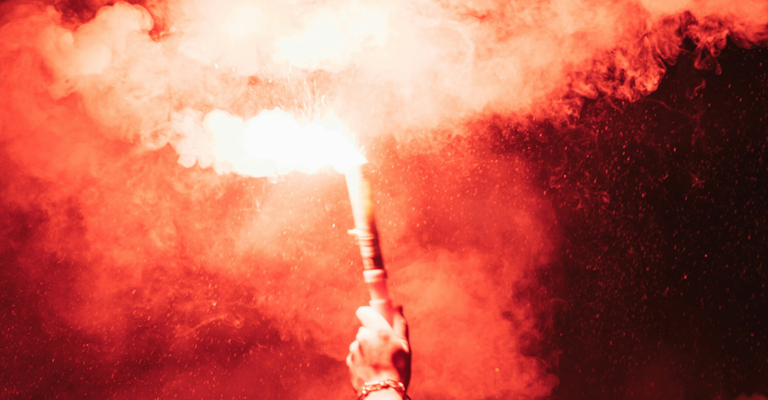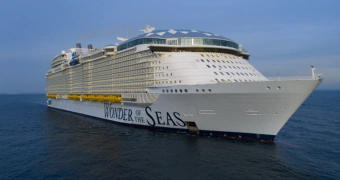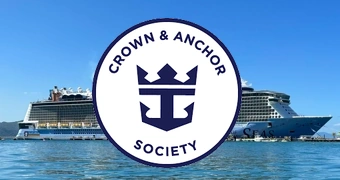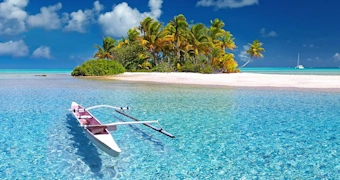Embarking on a cruise is an exciting adventure, but safety on board is crucial for ensuring a pleasant journey. In this blog, we’ll decode the essential emergency codes and signals used on cruise ships.
Safety Drills and Passenger Awareness
On every cruise, passengers must participate in a safety drill, typically conducted before the ship departs. During this drill, passengers learn what to do and where to go in case of emergencies, including the sound and meaning of alarms that might be used aboard. While the specific emergency codes are primarily for crew use, understanding the general procedures can help passengers react appropriately in emergencies.
Emergency Horn
The emergency horn signal, consisting of seven short blasts followed by one long blast, is a critical safety signal that all passengers need to recognize. This specific pattern is used internationally and is meant to instruct passengers and crew to proceed to their muster stations, the designated assembly areas for emergencies. The signal is sounded through the ship's loudspeakers and horn system, ensuring that it can be heard by everyone on board, no matter their location. Once this alarm sounds, everyone must stop what they are doing and follow the instructions provided during the pre-departure safety drill.

Alpha, Code Alpha or Alpha Alpha Alpha
This is one of the most common emergency signals used on cruise ships, indicating a medical emergency. It's used when someone needs immediate medical assistance, such as in the case of a heart attack or serious injury.
Brave, Code Bravo or Bravo Bravo Bravo
Typically, this code means “fire on board.” Since fires at sea can be particularly dangerous, this code is used to alert crew members discreetly without causing panic among passengers. Crew members are trained extensively in firefighting and emergency response to manage these situations effectively.
Oscar, Code Oscar or Oscar Oscar Oscar
This code signals "man overboard." Upon hearing this, the ship's crew will spring into a highly coordinated search and rescue operation to locate and rescue the person. This code sets off a series of procedures that include deploying lifeboats and notifying nearby ships for assistance.
Papa, Code Papa or Papa Papa Papa
Although less commonly known, this code is used to indicate pollution leakage or an environmental issue, such as an oil spill from the ship. Environmental protection is a significant concern for cruise lines, and handling such situations promptly is critical.
Charlie, Code Charlie or Charlie Charlie Charlie
This code signifies a security threat aboard the ship, such as a potential terrorist activity or a threat from a passenger or intruder. It alerts the security team to the threat level, prompting a swift and calculated response to ensure the safety of everyone on board.
Why Are These Codes Important?
The primary reason for using coded messages is to prevent panic among passengers. By communicating through codes, the crew can manage situations without creating unnecessary alarm or confusion among guests. These codes also facilitate quick and efficient coordination among the crew members, who are trained to respond to various scenarios that these codes represent.
Conclusion
Safety on cruise ships is an intricate dance of preparation, practice, and professionalism. Emergency codes are a crucial part of this safety framework, enabling a calm and coordinated response to potential dangers. As a passenger, it’s comforting to know that these protocols are in place to ensure that your serene sea journey remains safe from dock to dock. Always pay attention to the safety drills and instructions provided by the crew to enjoy your vacation with peace of mind.
Other Blogs That May Interest You
Sign Up to Cruises with Friends today
If you haven't already done so, why not sign up to Cruises with Friends.
Cruises with Friends manages your cruise itineraries, and allows you to share your upcoming sailings with your friends and family.
Signing up is quick, easy and it's free.



